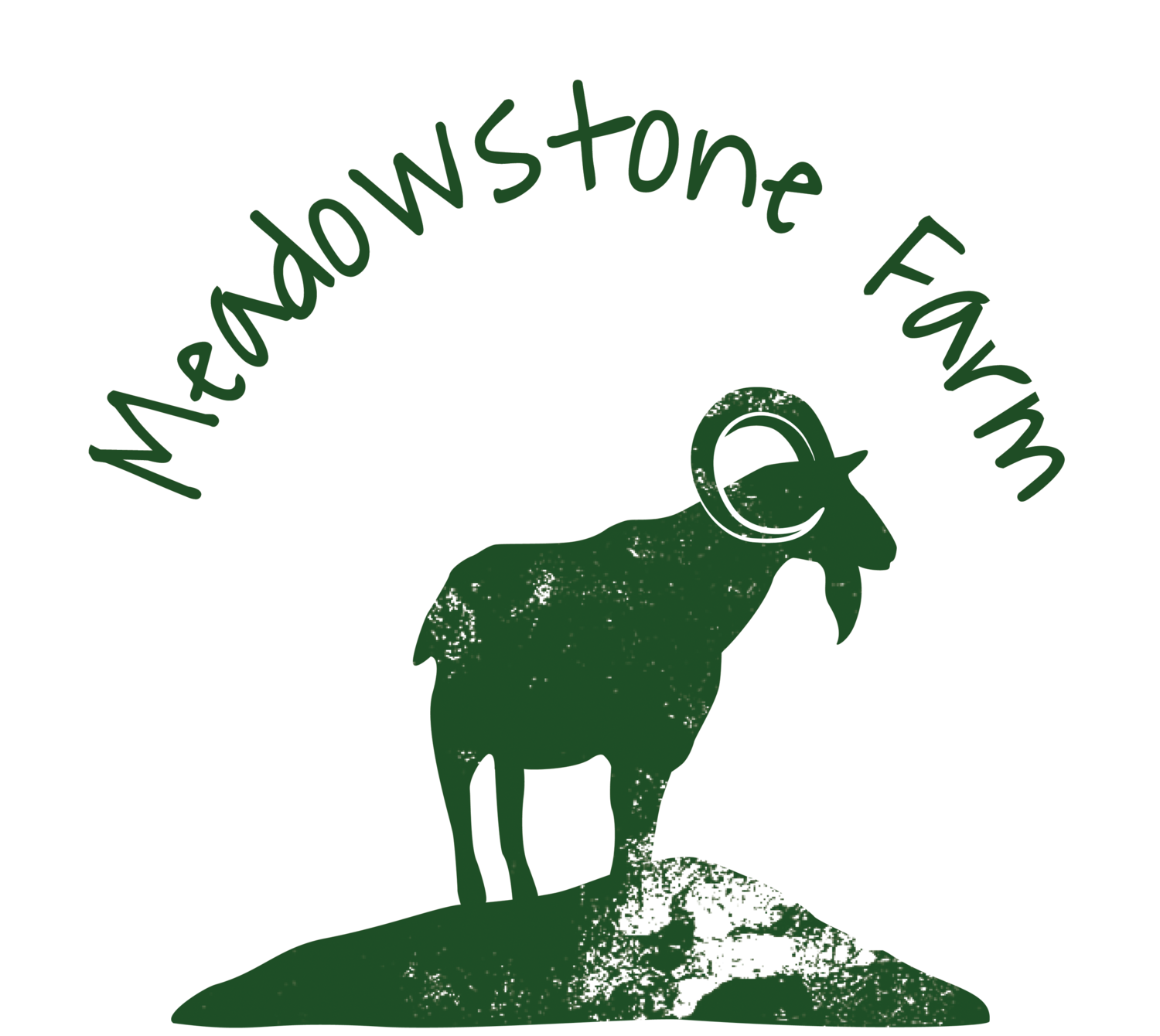Below is a letter written in 2008 dictating the reasons why Meadowstone Farm dropped our organic certification. Those reasons still stand, but since 2008 there have been some changes in the National Organic Program (NOP) that should be noted and applauded.
The most significant changes involve ruminants (cows, goats, sheep, buffalo, horses, etc) and their access to pasture. You can check out the full text at http://www.ams.usda.gov/AMSv1.0/NOP. From my perspective, it tightens the rules by forcing farmers to make sure at least 30% of their animals dietary needs come from pasture during the growing season. This may not seem like a lot, but there were numerous Organic farms producing milk from cows that never left the barn, which is amazing to me. This is a step in the right direction and personally I know of no Organic dairy farms in the Northeast who do not give their cows full access to seasonal pasture and hopefully farms such as these will continue to push the NOP to tighten their standards against agri-business. I still feel the original intent of "organic" was based on small, diverse farms where the use of petroleum based fertilizers, pesticides and insecticides have no place and animals are able to enjoy their time outside doing what they love.
Lately, (2016-17) there has a been a push to further dilute "Organic" standards by allowing hydroponic production systems to be certified. One article is here, but from my perspective not growing plants in soil and hoping to have them "Certified" is yet another loophole agribusiness is capitalizing on. That it is even a discussion at the NOP, further solidifies my beliefs that Meadowstone Farm is above and beyond the current "Organic" standards and that consumers need to ask more questions about their food supply and not merely rely on certifications and marketing labels.
Beyond Organic(written in 2008)
Meadowstone Farm is no longer a Certified Organic grower. This decision has evolved over the past two years and is primarily based on the fact that I feel the current organic standards have been diluted by big business agriculture. I think that the original motivators behind the organic certification process did not envision that barn-bound, 2,000 cow dairy operations or hundred acre mono-culture crop lands would be certified. Multi-national corporations now own more than 80% of organic labels found on supermarket shelves and it is hard for me to equate their organic label with mine.
The shift of "organic" from a way of thinking to the hunt for profits in some ways is to be applauded as petroleum based fertilizers and pesticides are not allowed under current organic standards. Yet, from my point of view there is more to organic farming than simply eliminating the negatives. One must continually focus on creating positive plant and animal methods and practices. By appreciating a complete animal-plant–soil nutrition cycle, a farmer can carefully observe the infinite inter-relationships on a small, diverse, healthy farm. In doing this I believe a farmer produces a superior product in taste and nutrition and in a safer, more sustainable manner.
So what has changed at Meadowstone Farm? Nothing except that I don't send my paperwork to NH Department of Agriculture, can't use the organic stickers, and had to take down a few signs. So who is Meadowstone Farm now accountable to? You, the customer, and if anything, the customer certification process is significantly more stringent and comprehensive. You walk around the farm and you see me selling my own produce on a daily basis. Customer accountability is central to my belief as a farmer, so ask to see my records, take a look at my fertilizers, check out the greenhouse and most importantly ask questions. The "Certified Organic" label has enabled consumers to stop asking questions about their food and with US agriculture rapidly changing, now is the time to ask more questions, not less. So what will the next agricultural buzz word be as we move on, folks have suggested "Naturally Grown, "Authentic", "Homegrown" and "Human-Scale" to name a few. But for me the only phrase that drives the point home is "Beyond Organic", which will get me in trouble because I use the "O" word. So if you have any suggestions I'd love to hear them.
I would also like to state that this decision is in no way meant to diminish the hard work and dedication of similar small-scale farmers who maintain their certification, especially here in New England. They are inspirational and I have learned a tremendous amount from many of them. It is also not a reflection of the certification process as done by Vickie Smith and the NH Department of Agriculture. They have done much to assist me and are dedicated and hard-working in the service they provide to NH farmers.



